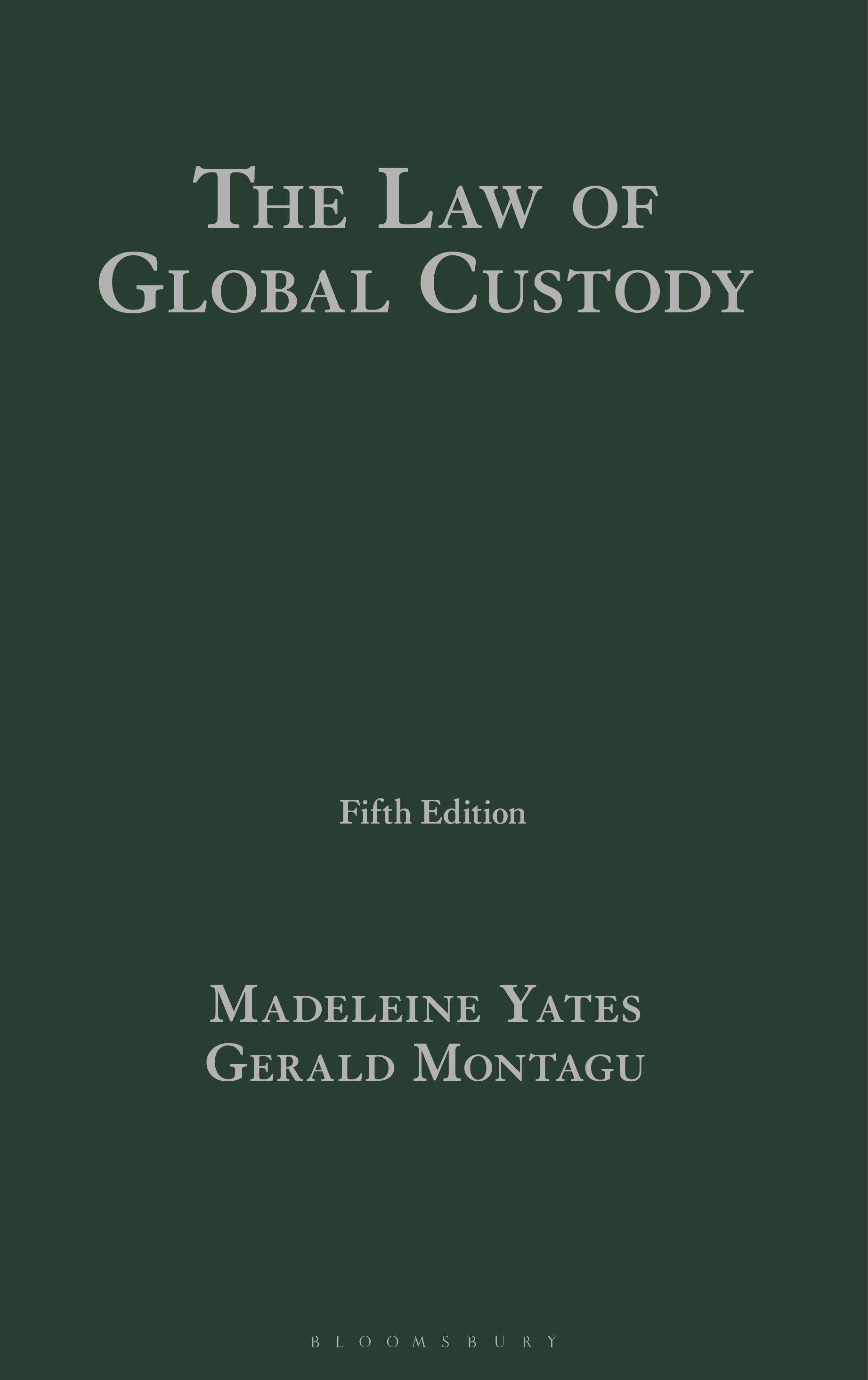Q & A with Madeleine Yates
Madeleine Yates is the co-author of the 5th Edition of The Law of Global Custody.
This will be included in our Banking and Finance Law online service.
What has been the biggest change to the law of global custody since the 4th edition published in 2013?
There have been many changes to English law and regulation applicable to custodians in the UK since the 4th edition, therefore it is hard to point to any one development as the biggest change, but the following may perhaps be considered particularly noteworthy:
· New requirements under EU legislation such as MiFID2, CSDR, SRD2, AIFMD and UCITS, which impact custodians directly and indirectly, and the way in which such requirements persist or are adapted as a result of the UK ceasing to be a member of the EU;
· The introduction by the Financial Conduct Authority of the new Consumer Duty;
· The recognition of cryptoassets (which is a very varied category) as capable of being property under English law;
· The growth in the issue of, and provision of services in relation to, various types of cryptoassets and the consequent developments in law and regulation to reflect such growth (such as anti-money laundering requirements, registration requirements for certain services concerning cryptoassets, financial promotion restrictions, and the imminent further regulation of the provision of various services relating to cryptoassets);
· The ever-increasing practical challenges of ensuring legal and regulatory compliance in the context of rapid changes in technology, including the need to update systems for reasons such as efficiency and security, and the issues presented by dependency on complex systems, and the interrelations of new and legacy systems (this is perhaps more of an operational consideration, but is important as part of the context in which legal compliance needs to be considered).
What developments do you foresee taking place in this area over the next few years?
It seems unarguable that digitalisation of payments, securities and processes will continue to progress, as will regulatory requirements for such systems, therefore detailed focus on the nature of the changes and corresponding systems development will be necessary to ensure that operational systems and compliance processes are capable of functioning effectively in the new context (and can adequately reflect market developments such as the move to settlement on the basis of T+1 and shorter timeframes). In addition, in the UK, over the next few years, the process of incorporating legacy EU law into English legislation and regulatory requirements will continue, therefore careful analysis will be required regarding the extent of any consequent changes to the requirements, and (where applicable) in the interpretation and application of such requirements, and the impact of such changes.
What’s the most challenging aspect of your role?
Some of the most significant challenges for anyone considering the law and regulation applicable to custodians are the wide range of legal and regulatory requirements which affect custodians (both directly and indirectly), the speed at which they develop and increase in number, and their interrelation.
Are there any trends within this space that you think have the potential to disrupt the law of global custody?
Areas of development which seem particularly likely to have the potential to disrupt, and/or radically change, existing English law affecting custodians, if not considered carefully, include:
· The creation of new law and regulatory requirements for services provided in relation to cryptoassets, if the FCA and HMT do not adhere to the principle of ‘same risk, same regulatory outcome’;
· The possibility that some or all types of cryptoassets are regarded as negotiable instruments;
· The imposition of a statutory trust for assets backing stablecoin, and/or custody assets, and the application of dormant funds/accounts legislation to custody assets;
· New legal and regulatory requirements which interfere with the basic principle of freedom of contract, for example by imposing specific liability for loss on custodians;
· Increased use of AI in operational processes if this introduces lack of clarity regarding the person responsible for each step in custody and settlement processes.

